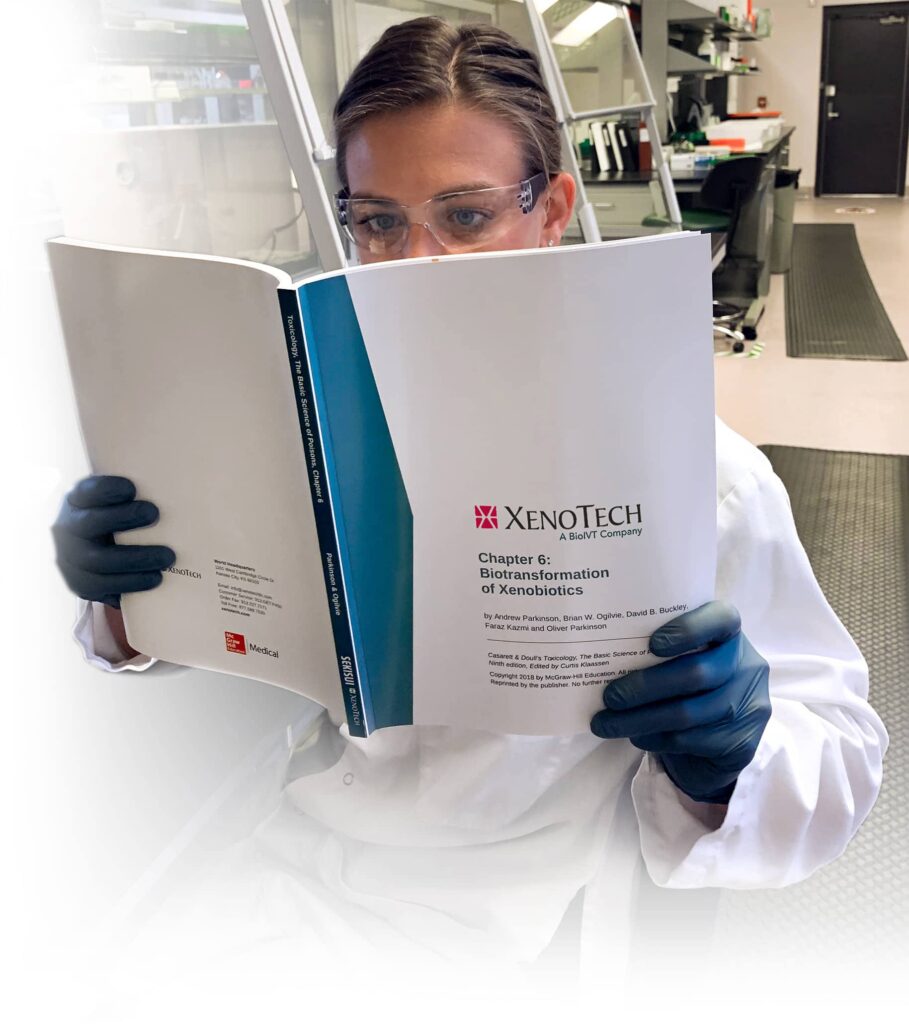
Global marine pollutants inhibit P-glycoprotein: Environmental levels, inhibitory effects, and cocrystal structure
The world’s oceans are a global reservoir of persistent organic pollutants to which Humans and other animals are exposed. Although it is well known that these pollutants are potentially hazardous toHuman and environmental health, their impacts remain incompletely understood. We examined how persistent organic pollutants interact with the drug efflux transporter P-glycoprotein (P-gp), an evolutionarily conserved defense protein that is essential for protection against environmental toxicants. We identified specific congeners of organochlorine pesticides, polychlorinated biphenyls, and polybrominated diphenyl ethers that inhibit mouse andHuman P-gp, and determined their environmental levels in yellowfin tuna from the Gulf of Mexico. In addition, we solved the cocrystal structure of P-gp bound to one of these inhibitory pollutants, PBDE (polybrominated diphenyl ether)–100, providing the first view of pollutant binding to a drug transporter. The results demonstrate the potential for specific binding and inhibition of mammalian P-gp by ubiquitous congeners of persistent organic pollutants present in fish and other foods, and argue for further consideration of transporter inhibition in the assessment of the risk of exposure to these chemicals.